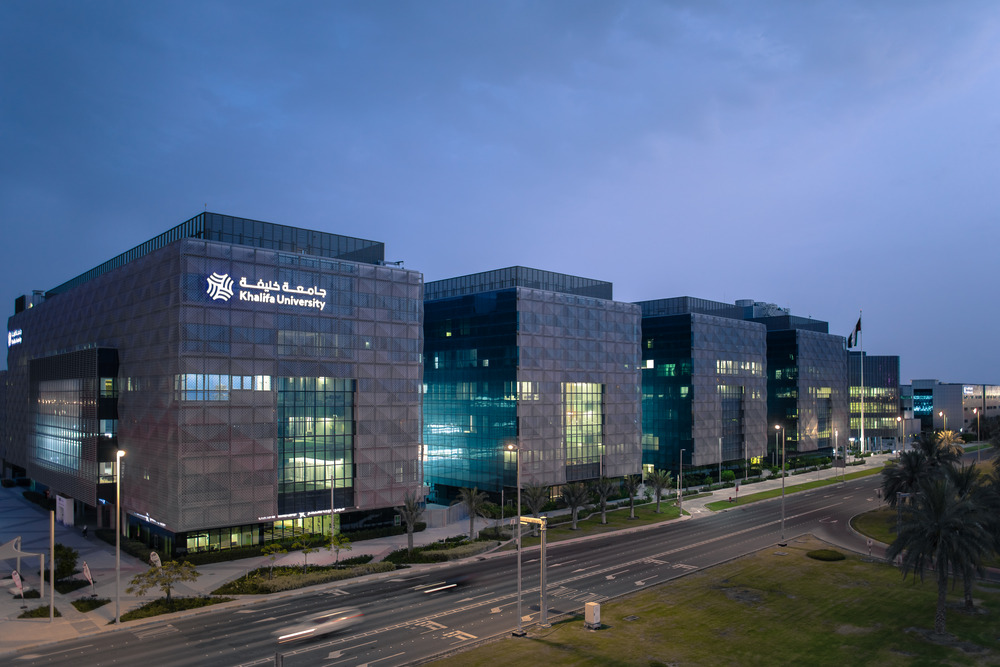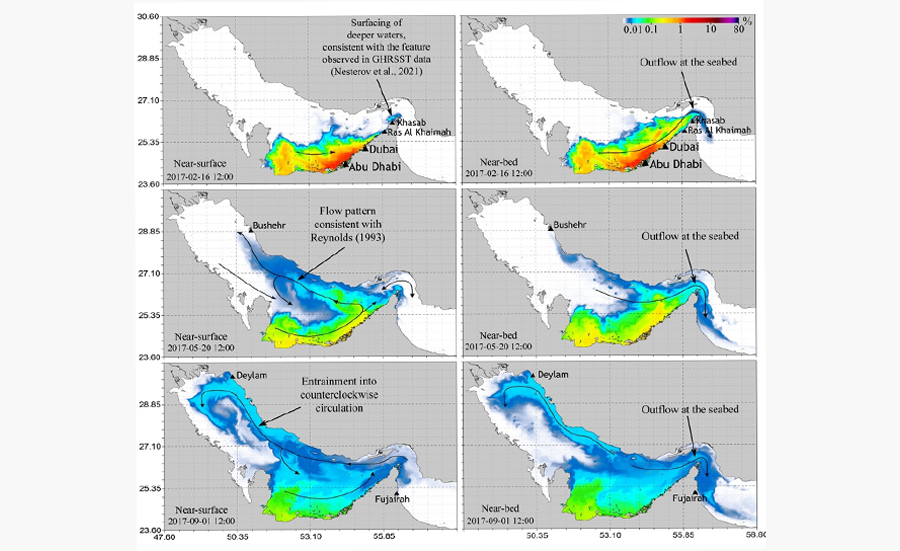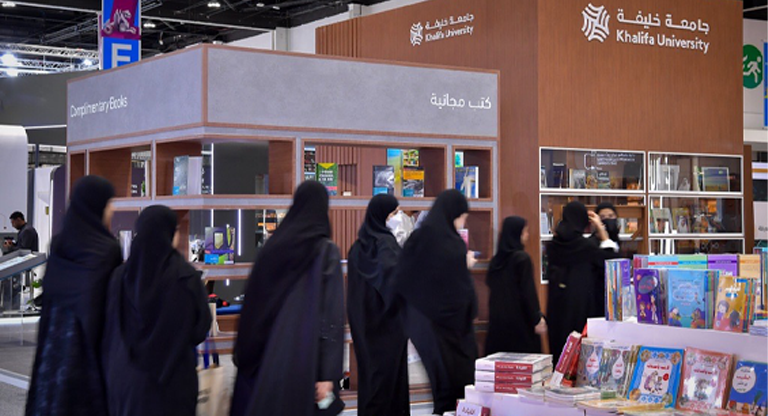Theme 2 deals with the integrity of components and structures in Nuclear Power Plants (NPPs) from the aspect of material degradation. Most materials in NPPs have suffered from various degradation phenomena by aging. The type and degree of the degradation depends on the operational conditions including environmental, mechanical, and materials conditions. Since such material degradation by aging could affect the structural integrity of components, it should be understood well and managed properly.
Project 1: Primary water stress corrosion cracking (PWSCC)
Principal Investigator: Dr. Yongsun Yi
Primary water stress corrosion cracking (PWSCC) is a degradation phenomenon occurring in the main components at the reactor coolant pressure boundary (RCPB) of pressurized water reactor (PWR) nuclear power plants (NPPs). One important observation from previous studies on the topic is that a heat-treatment called ‘sensitization’ suppresses the initiation and propagation of the PWSCC of stainless steels and Ni-base alloys used for the main components. By the ‘sensitization’ heat treatment chromium carbides are precipitated at grain boundaries, which results in the decrease in corrosion resistance of materials. Therefore, the enhanced PWSCC resistance of sensitized materials cannot be explained by general corrosion, which makes it difficult to identify and understand the exact mechanism of the PWSCC. This project aims at identifying the factor suppressing the PWSCC in the sensitized materials.
Project 2: Integrity of reactor containment buildings (RCBs)
Principal Investigator: Dr. Akram Al Fantazi
In the design of reactor containment buildings (RCBs) in nuclear power plants (NPPs), external events such as earthquake and internal events such as large break loss of coolant accidents (LBLOCA) are considered. In such accidental cases, RCBs in NPPs play a role as the last barrier to the release of radioactive materials to the environments. The consequences of some major nuclear accidents we experienced have shown the importance of the structural integrity of RCBs.
The integrity of RCBs is strongly affected by degradation such as concrete degradation, rebar corrosion, pre-stress loss, etc. This project aims at developing a service life prediction model for RCBs in NPPs considering the effect of the Middle-Eastern countries environmental conditions.







